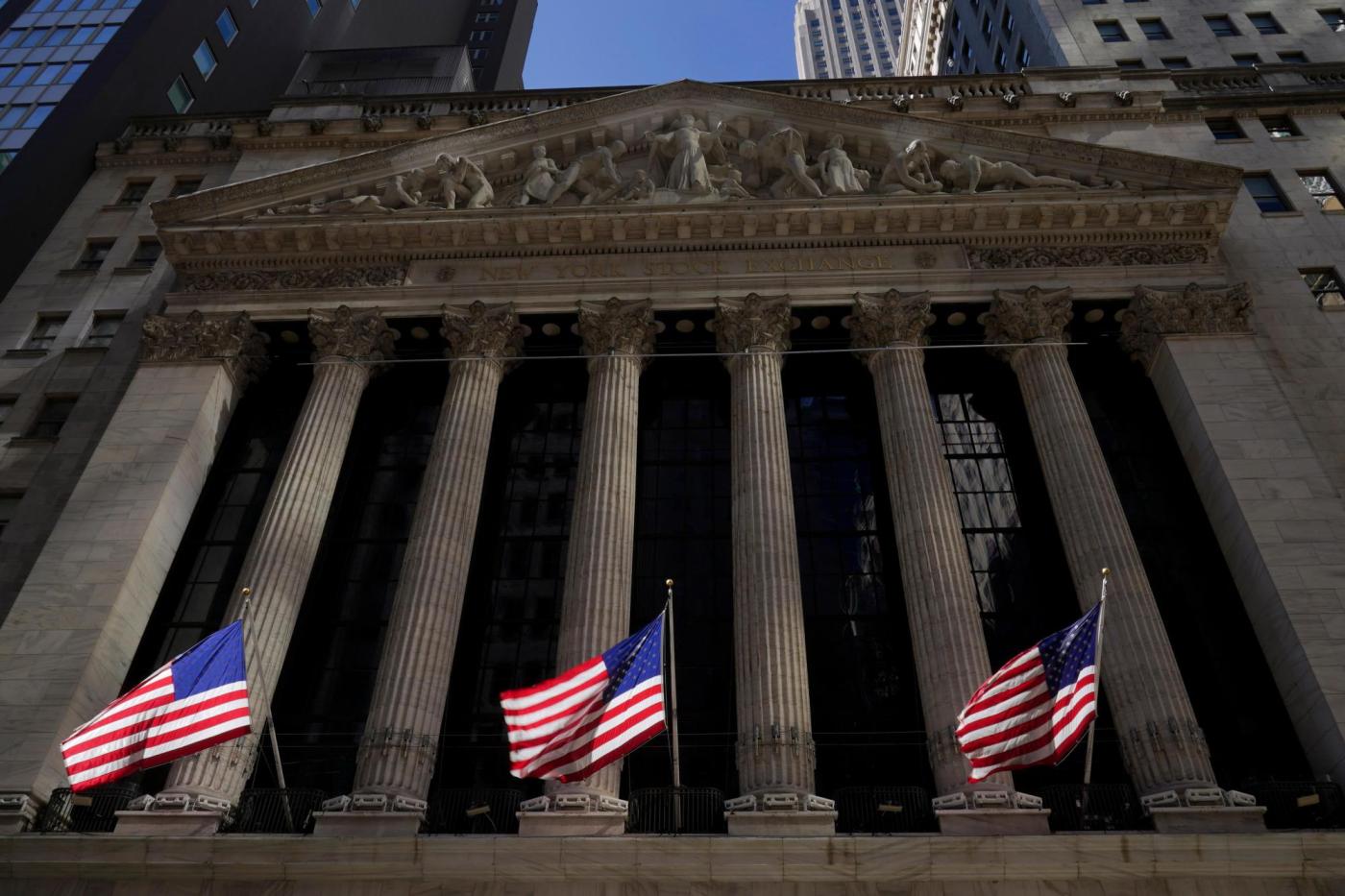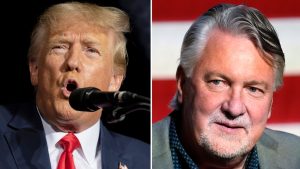A report that Elon Musk may cut almost 75% of Twitter’s workforce if and when he takes over, along with more grim news from Snap sent social media companies tumbling in premarket trading early Friday.
Futures for the benchmark S&P 500 slid 0.8% while futures for the Dow dipped 0.7%. Futures for the tech-heavy Nasdaq skidded 1.3%.
The Washington Post reported Thursday that Musk has told prospective investors in his Twitter purchase that he plans to cut nearly 75% of Twitter’s employee base of 7,500 workers, leaving the company with a skeleton crew.
A Delaware judge has given Musk and Twitter until Oct. 28 to work out details of the proposed $44 billion deal. Otherwise, there will be a trial in November.
Twitter shares fell about 5% in premarket.
For the second quarter in a row, Snap is opting not to issue a forecast as advertisers on its Snapchat platform continue to slash budgets in the midst of decades-high inflation and soaring interest rates. Snap announced in August that it was cutting 20% of its 6,000-person global workforce due to declining revenue, in part due to a privacy crackdown that Apple rolled out on its iPhones.
Snap shares tumbled about 28% in premarket trading, while Facebook parent Meta fell more than 4% and Pinterest slipped 8% before the bell Friday morning.
The technology sector — social media companies in particular — have been hit the hardest this year as inflation and higher interest rates have pushed investors out of riskier, more speculative stocks. As of Thursday’s close, the technology-centered Nasdaq is down more than 32% this year.
Snap has lost more than three-quarters of its value this year while Meta shares are down more than 60%.
In Europe, France’s CAC dipped 1.9% in midday trading while Germany’s DAX lost 1.4%.
Britain’s FTSE 100 shed 0.9% as the Conservative Party was preparing to replace Liz Truss as prime minister within a week after she resigned on Thursday after a turbulent 45-day term, conceding that she could not deliver on her tax-cutting economic plans.
Former Prime Minister Boris Johnson is among several candidates expected to vie to take her place. Former Treasury chief Rishi Sunak and House of Commons leader Penny Mordaunt are others.
In Asia, China’s ruling party congress is expected to wrap up Saturday with an endorsement of leader Xi Jinping remaining in office indefinitely. The meeting, held every five years, sets the national agenda for the next five and can signal possible changes in policy direction. One change that looks unlikely is an end to severe “zero COVID” rules that appear set to continue disrupting life and business activity for months to come.
In other developments, Japan’s core consumer prices rose 3.0% in September from a year earlier, according to government data released Friday. That was the highest increase in eight years. It would also have been the highest in more than 30 years if the impact of introducing and raising the consumption tax was excluded.
The Bank of Japan has kept an ultra-low interest rate policy, while the Federal Reserve and other central banks have been raising rates to counter surging prices. Until recently, the Japanese central bank had devoted its efforts to fending off deflation, or the continued downward spiraling of prices.
In currency trading, the U.S. dollar rose to 151.80 Japanese yen from 150.15 yen, adding to pressure on the BOJ to tweak its monetary policy since a weaker yen amplified rising prices due to the higher costs for imports. The euro was at 97.08 cents, down from 97.87 cents.
Japan’s benchmark Nikkei 225 declined 0.4% to finish at 26,890.58. Australia’s S&P/ASX 200 shed 0.8% to 6,676.80. South Korea’s Kospi edged down 0.2% to 2,213.12. Hong Kong’s Hang Seng fell 0.4% to 16,211.12, while the Shanghai Composite gained 0.1% to 3,038.93. Shares rose 0.1% in Mumbai.
“The overall mood remains cautious, with the paring of gains in Wall Street and yields trending higher on a more hawkish policy outlook,” Yeap Jun Rong, a market strategist at IG in Singapore, said in a report.
Investors remain concerned about inflation, since higher interest rates tend to discourage borrowing and investments, slowing economic activity. That could tip economies into recession. Corporate earnings remain a big focus.
The U.S. employment market remains strong, with the latest government data showing the number of Americans applying for unemployment benefits fell last week and remains historically low.
The healthy jobs market is a sticking point since it suggests the Fed will have to persist in raising interest rates. The central bank has raised its key interest rate to a range of 3% to 3.25%. Just over six months ago, it was near zero.
In energy trading, benchmark U.S. crude gained 25 cents to $84.76 a barrel in electronic trading on the New York Mercantile Exchange. Brent crude, the international standard, also added 25 cents to $92.63 a barrel.
Join the Conversation
We invite you to use our commenting platform to engage in insightful conversations about issues in our community. We reserve the right at all times to remove any information or materials that are unlawful, threatening, abusive, libelous, defamatory, obscene, vulgar, pornographic, profane, indecent or otherwise objectionable to us, and to disclose any information necessary to satisfy the law, regulation, or government request. We might permanently block any user who abuses these conditions. As of June 15, 2022, comments on DenverPost.com are powered by Viafoura, and you may need to log in again to begin commenting. Read more about our new commenting system here. If you need help or are having issues with your commenting account, please email us at memberservices@denverpost.com.






